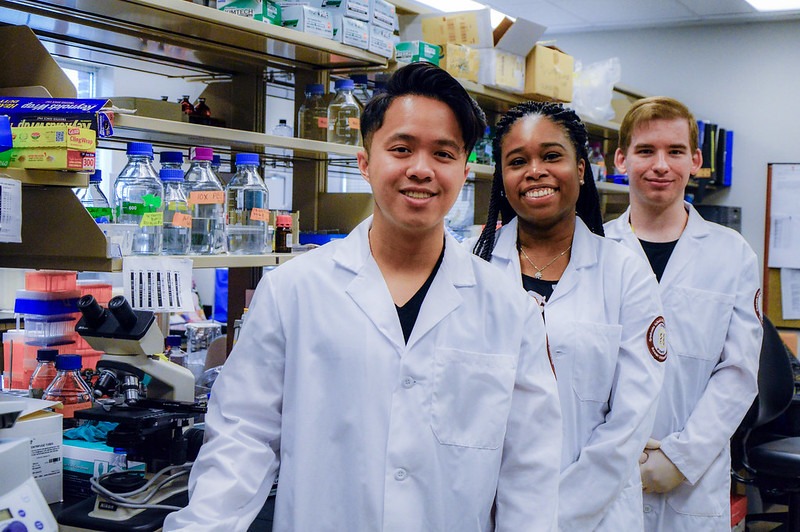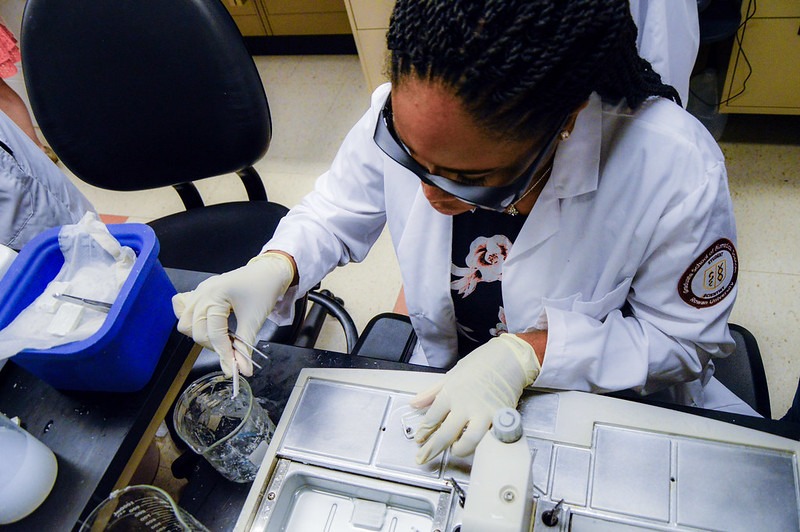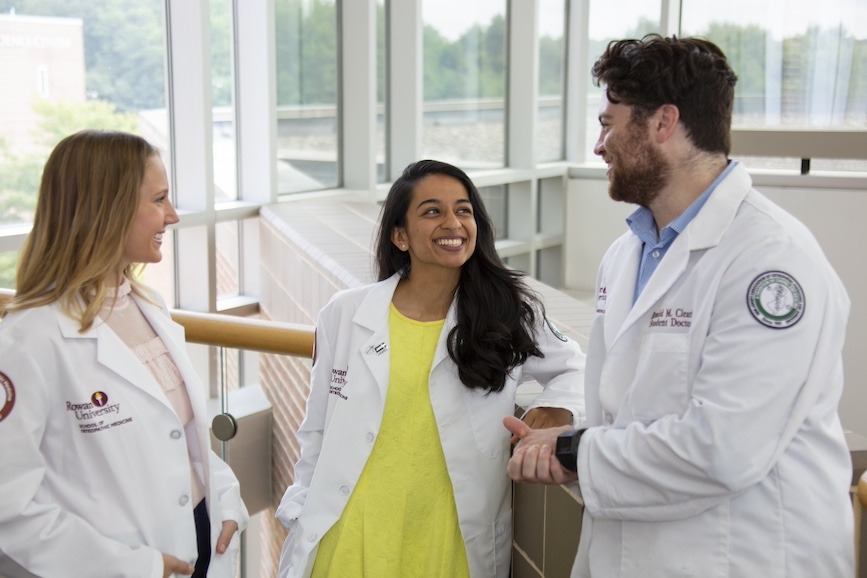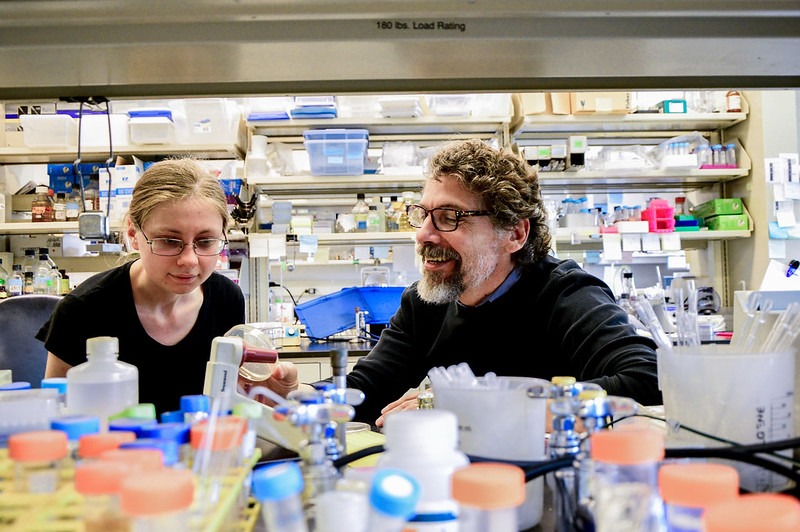Center for Student Success (CSS) staff at Rowan-Virtua School of Osteopathic Medicine shares insight on student-focused approach
An Associate Director, Academic Advisor/Coach, Stephanie Dearden provides advising and academic support to first- and second-year students on the Sewell, NJ, campus. She also oversees the SOM Tutoring Program, and coordinates the Pre-Matriculation and Guided Learning Groups Programs. Dearden empowers medical students, equipping them with both the academic skills and emotional support they need to thrive as they navigate their journeys to achieving their goals of becoming medical doctors.
Here she provides insight on one aspect of first-year medical school curriculum at Rowan-Virtua School of Osteopathic Medicine (SOM). Ultimately, to educate and produce strong physicians, medical schools must pay careful attention to the support, resources, and guidance that first-year medical students receive. Through a customized approach, each medical student should feel that for their personal needs they are at one of the best colleges for doctors.
SOM itself is dedicated to providing excellence in both undergraduate and graduate medical education, research and healthcare for New Jersey and the nation.
First-Year Medical Education Program
To shed light on what medical school is like, Dearden delves into the Introduction to First Year Medical Education course and its significance for incoming medical students.

Designed under the guidance of Dearden, the Introduction to First Year Medical Education program offers new students an innovative three-week course. This program provides a unique opportunity for new medical students to adjust to the medical school environment before their formal education begins. Through the course, students engage with the medical curriculum and explore various study techniques. Perhaps the most important aspect, students forge meaningful connections with peers and faculty members. Dearden emphasizes, “This program came about as a proactive way to just help students help themselves.” This ensures that medical students step into their medical education journeys feeling prepared and with the necessary skills.
Dearden acknowledges that the transition into medical school is not easy. The Introduction to First Year Medical Education program addresses this challenge. By engaging early, students learn to balance their academic responsibilities with personal commitments. The program models how to adopt a proactive approach that emphasizes resilience and adaptability. As Dearden states, “It’s so important because the transition to medical school is very, very challenging.” This early immersion not only helps first-year medical students cope with anxiety, but also creates a mindset oriented toward continuous growth and learning.

Participants leave the program with a strong foundation, having developed key study strategies and the foundation of a solid support network. These experiences ensure they start their first year with a balanced approach, knowing who to turn to when facing challenges and how to make the most of campus resources.
Dearden supports this by stating, “We want to see them starting med school with a foundation for the content that we went over, but we also want them to come out knowing who to talk to when they need help.” The skills and connections made during this course are essential for long-term success, creating a community of future doctors ready to shine both academically and personally. The program builds a sense of confidence and belonging, setting students on a path to not only succeed but to thrive in the challenging world of medical education.

Written by:
Valentina Giannattasio, dance & marketing double major
Pilar Fernandez, public relations and theatre double major

